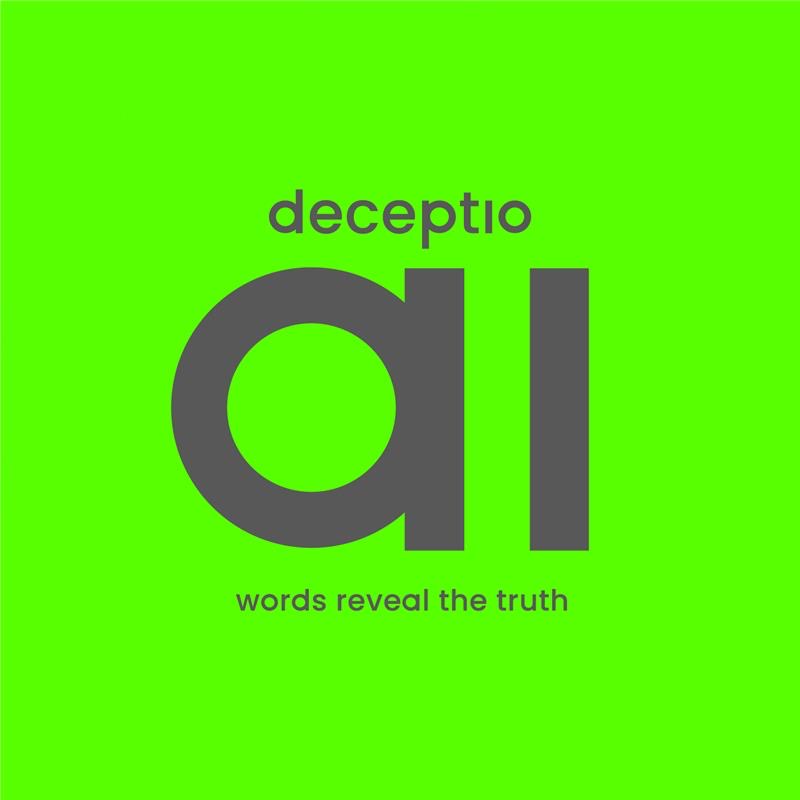Addiction & Trauma Therapists: Using Deceptio.ai to gain deeper insight into potential deception.
- deceptio ai

- Jan 25, 2024
- 1 min read
Updated: Sep 12, 2025
Problem
In addiction and trauma therapy, clients may withhold or distort information due to fear, shame, or mistrust—hindering accurate assessment, treatment progress, and trust-building.
Solution
Deceptio.ai uses AI-powered deception detection to analyze verbal cues, helping therapists identify omissions or dishonesty to improve therapeutic accuracy, build trust, and guide conversations more effectively.
Use Cases
Enhancing Therapeutic Accuracy and Efficiency
Detect withheld or minimized disclosures about addiction or trauma
Support more accurate assessments and personalized treatment plans
Help therapists address barriers to recovery early in the process
Building Trust and Therapeutic Alliances
Identify emotional struggles not openly shared by clients
Equip therapists to approach sensitive topics with greater empathy
Foster a safer, more open environment, especially in early sessions
Ensuring Both Parties Are Being Truthful
Replace invasive, costly polygraphs with non-intrusive deception analysis
Evaluate disclosure forms or conversations to identify dishonesty
Guide therapists in addressing truth and rebuilding trust between partners
Contact: sales@deceptio.ai



